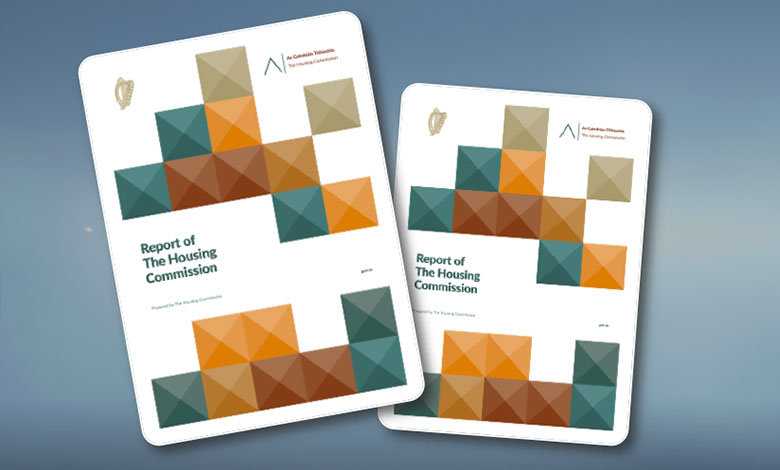
A European housing policy perspective
7th November 2024
Defining the annual housing delivery target
7th November 2024How research can shape effective housing policy

Research plays a critical role in shaping effective policy and serves as the foundation upon which sound decisions are built.
Being a centre of housing knowledge and helping to inform policy and practice have been among The Housing Agency’s strategic objectives since its establishment. By grounding policy in thorough research, it leads to strategies that are practical, sustainable and responsive to the needs of society.
At The Housing Agency, we balance proactive research such as the Survey of Attitudes, Experiences and Aspirations with reactive work such as the annual Summary of Social Housing Needs Assessments which we carry out with local authorities for the Department of Housing, Local Government and Heritage. We also balance the work we do in-house with commissioned work from outside researchers through our Research Support Programme.
The Programme was established four years ago to support research that could help inform policy or practice. Each year, the themes it supports are linked to The Housing Agency’s strategic objectives. So far, the Agency has funded over 20 projects on a variety of topics such as sustainability, homelessness, cost rental and energy deprivation.
Another feature of our research that is important to us is around dissemination. Our research is available on our website and we submit survey data to the data archive so that others can use it.
It is also important to bring researchers together to discuss their work. With this in mind, in September The Housing Agency hosted our inaugural Research Seminar to share research about housing and build networks within the housing research community. Delegates from NGOs, public agencies, private corporations, and universities attended.
David Silke, Director of Insights and Operations at the Agency and Interim CEO, opened the Plenary session with an overview of the Agency’s Research Support Programme. There then followed thought-provoking presentations by Paula Mayock of Trinity College Dublin and Ken Gibb of the University of Glasgow and the UK Collaborative Centre for Housing Evidence (CaCHE). Mayock described the unique role that qualitative research plays in providing deep insights to inform policy and practice. Gibb shared housing research from Scotland.
The seminar also included workshops which discussed housing solutions to support inclusive communities, sustainable supply, the private rented sector, and compact development planning. Delegates discussed collaboration and identified a gap in housing data, with a need for a centralised repository. Developing a network of housing researchers was also discussed.
Regarding research dissemination, delegates identified a need to deliver and consume easily digestible updates to reach both wider and more targeted audiences via channels such as podcasts and blogs. Delegates expressed an eagerness for the Housing Agency Research Seminar to become a regular event and to provide opportunities to network and exchange research.

Details of the Agency’s research, Data Insights series, and Research Support Programme are available:
www.housingagency.ie






